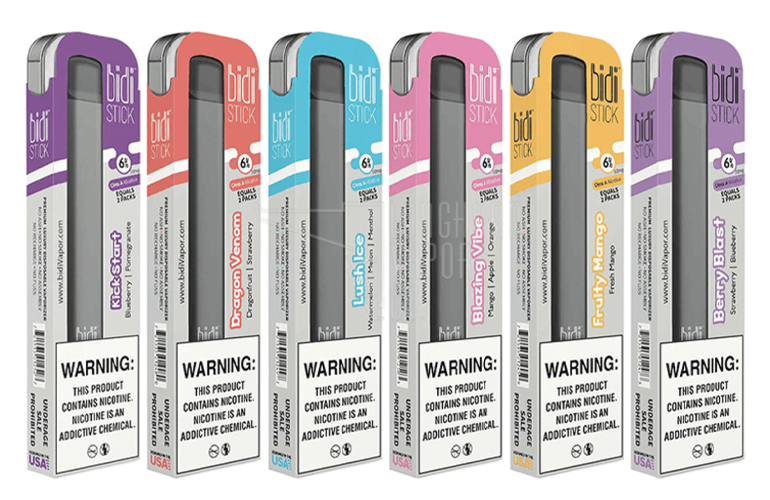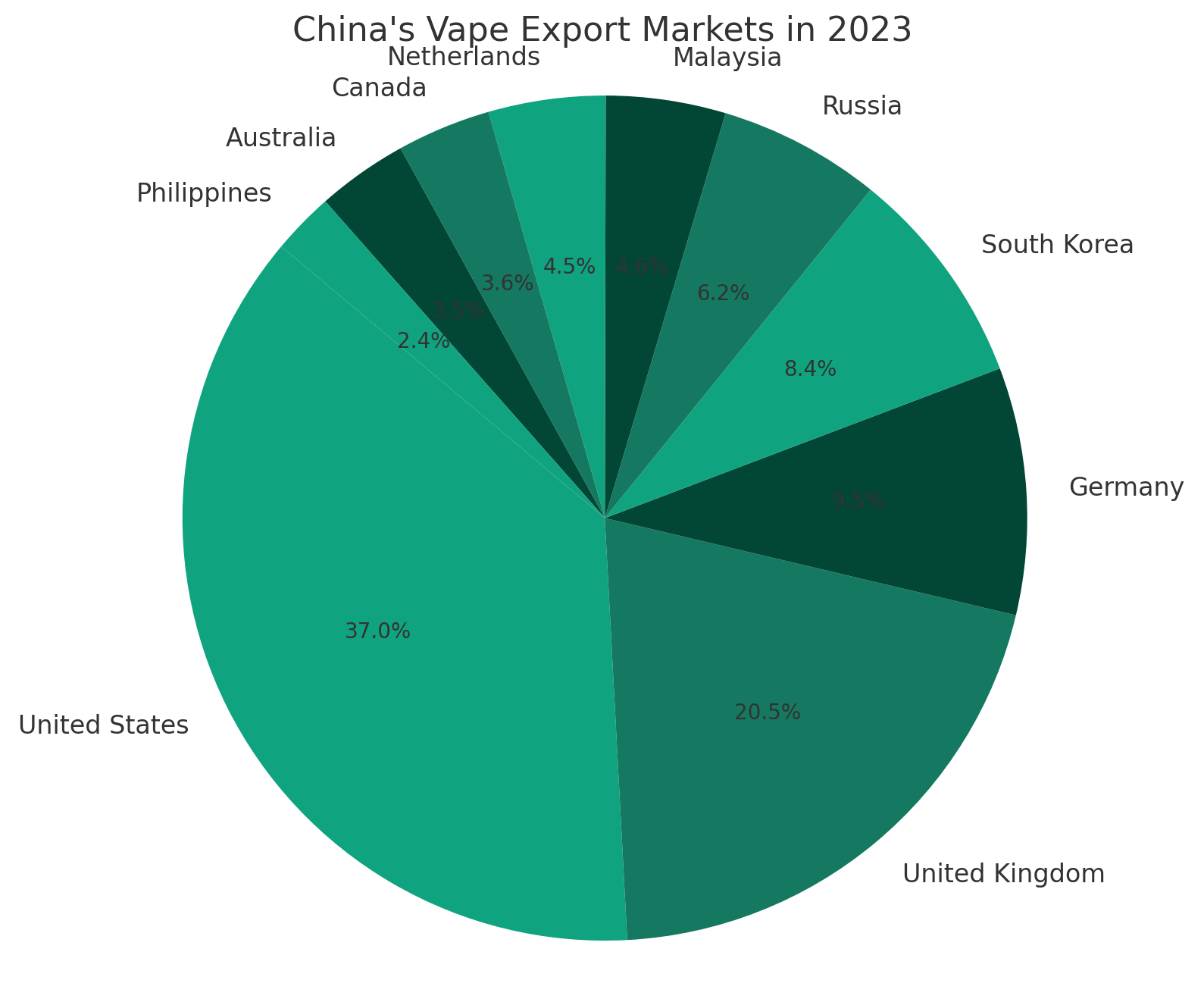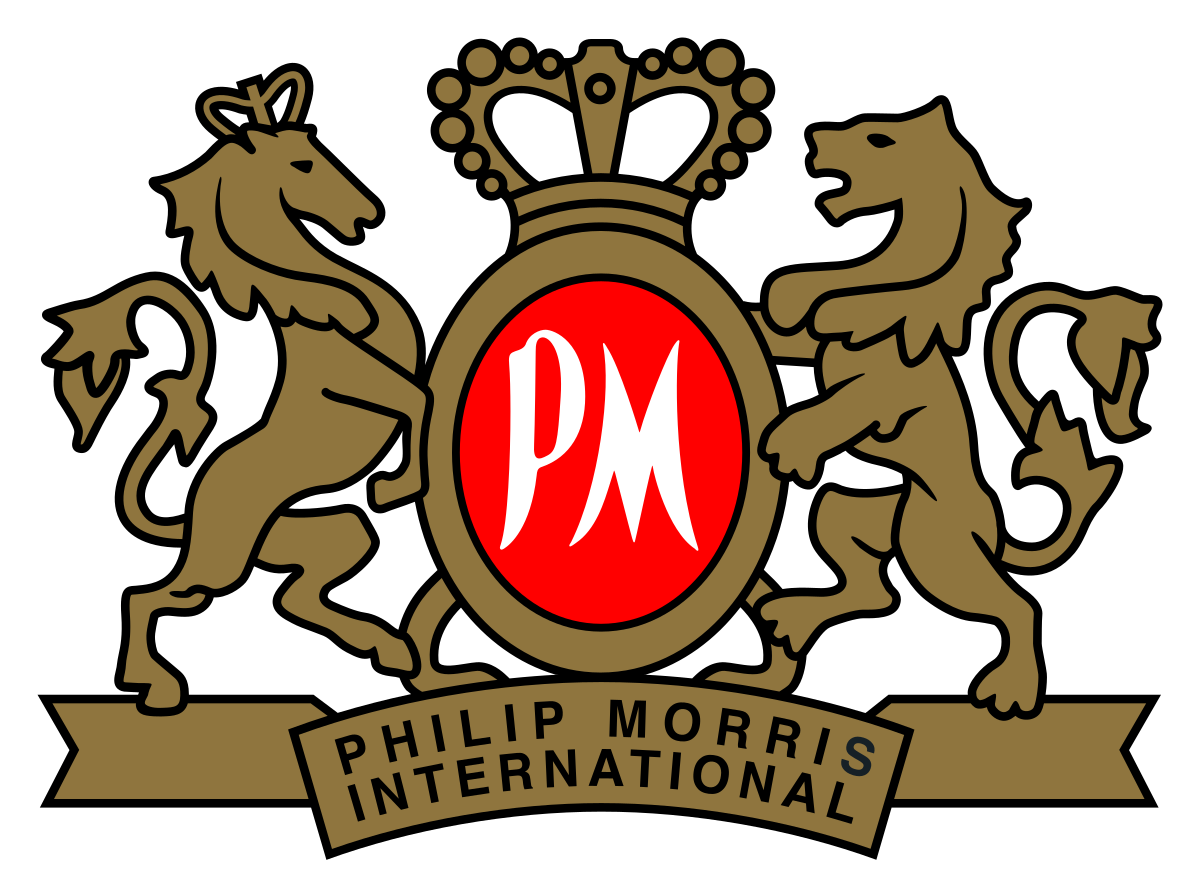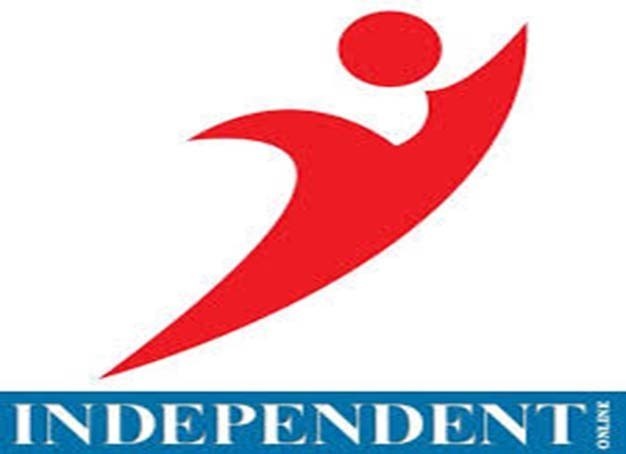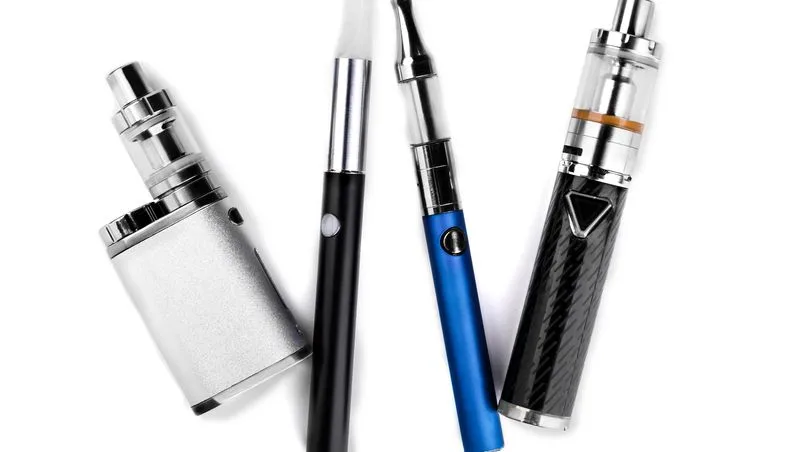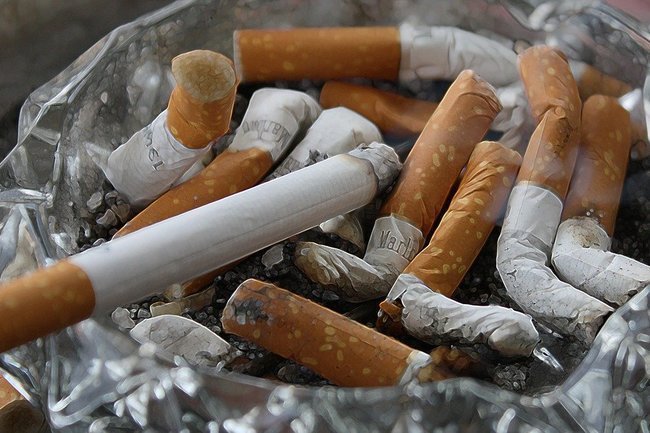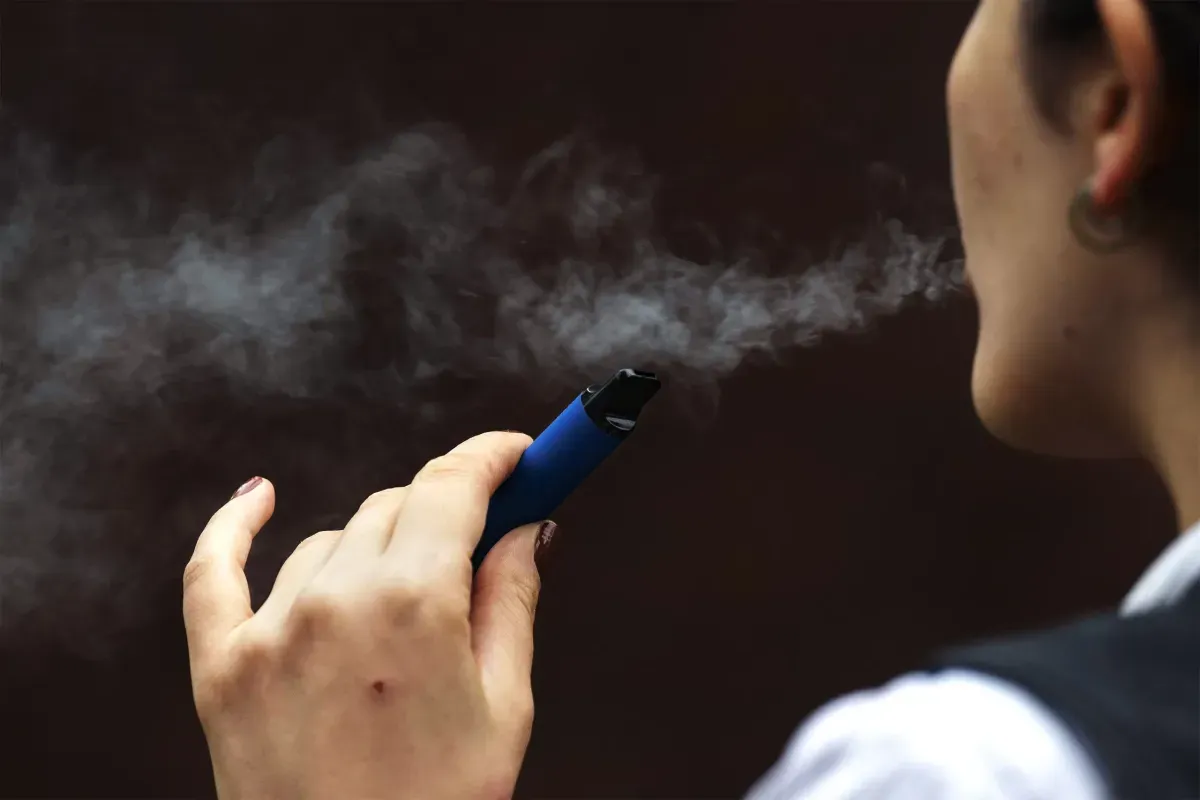According to Bloomberg on November 24th, the newly formed government of New Zealand will repeal regulations banning the sale of tobacco to individuals born after 2008 (known as the “Smoke-free Generation” regulations). The new government, composed of the National Party, ACT Party, and New Zealand First Party, will also cancel plans to reduce the number of tobacco retail outlets.
The co-chair of the Health Coalition Aotearoa, Boyd Swinden, has expressed concern over the significant loss to public health as a result of recent developments. He emphasizes that while this may be perceived as a major victory for the tobacco industry, it comes at an enormous cost to the lives of New Zealanders.
Recent research has revealed that the comprehensive implementation of smoke-free regulations could potentially save the healthcare system NZD 1.3 billion (USD 790 million) over the next 20 years and result in a respective decrease of 22% and 9% in mortality rates for all factors involved, according to a spokesperson.
The previous government led by the Labour Party introduced an amendment to gradually raise the smoking age from 18 starting in 2027, effectively prohibiting the sale of tobacco to anyone born after 2008. Additionally, the government implemented regulations to reduce the number of tobacco-selling stores starting in 2024 and planned to allow the sale of only tobacco products with extremely low nicotine content starting in 2025.
Countries including Malaysia and Singapore have previously considered implementing similar laws.
The new government, led by the National Party, has announced plans to repeal these amendments and modify the requirements for e-cigarette products before March next year. They also intend to impose taxes only on burning products. This policy is advocated by the nationalist New Zealand First Party, which supports “age-appropriate access to nicotine, considered as safe as caffeine among adults.
Data released at the end of 2022 reveals that the smoking rate among New Zealand adults has decreased from 9.4% one year prior, as of July 2022, to a daily smoking rate of 8%.


